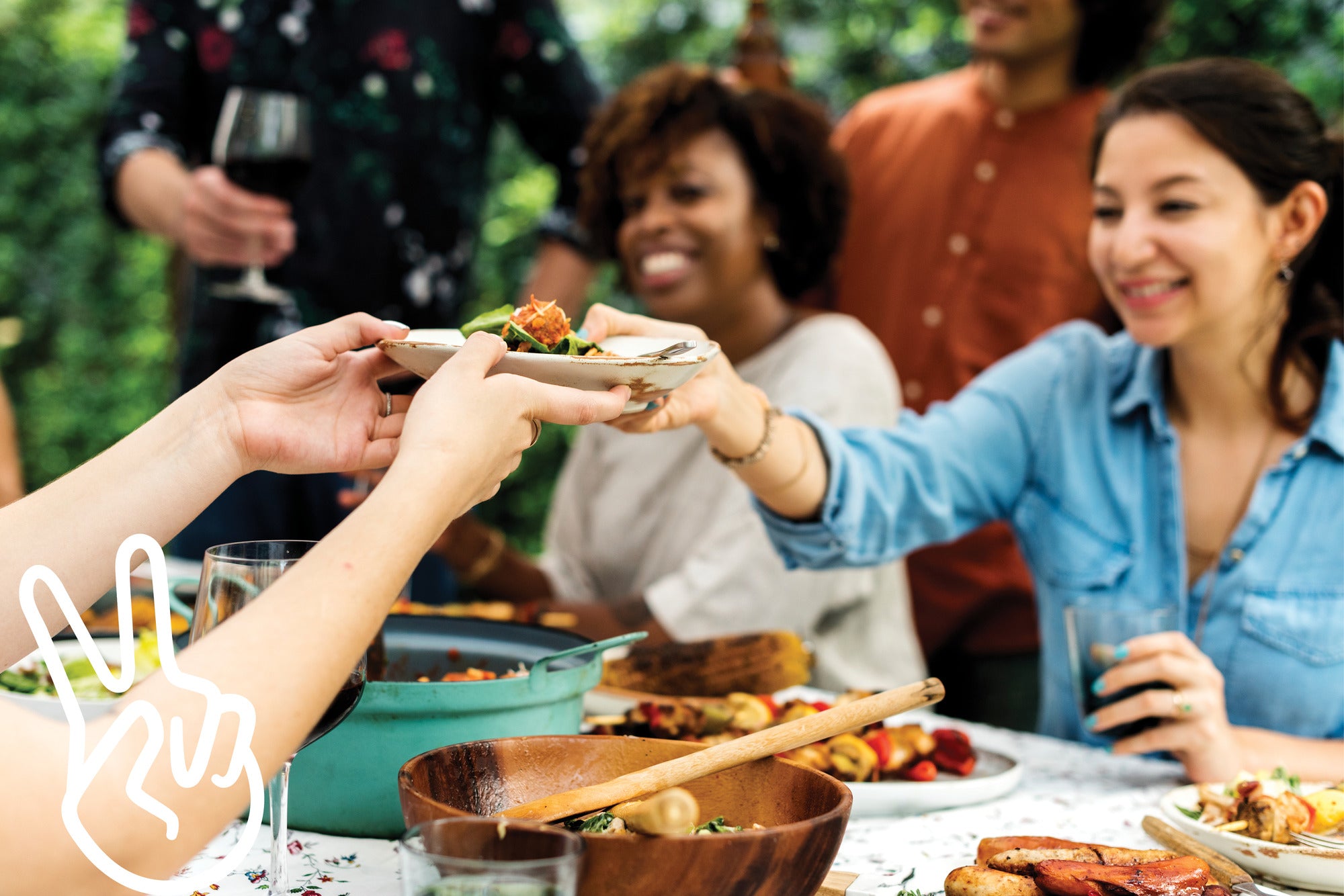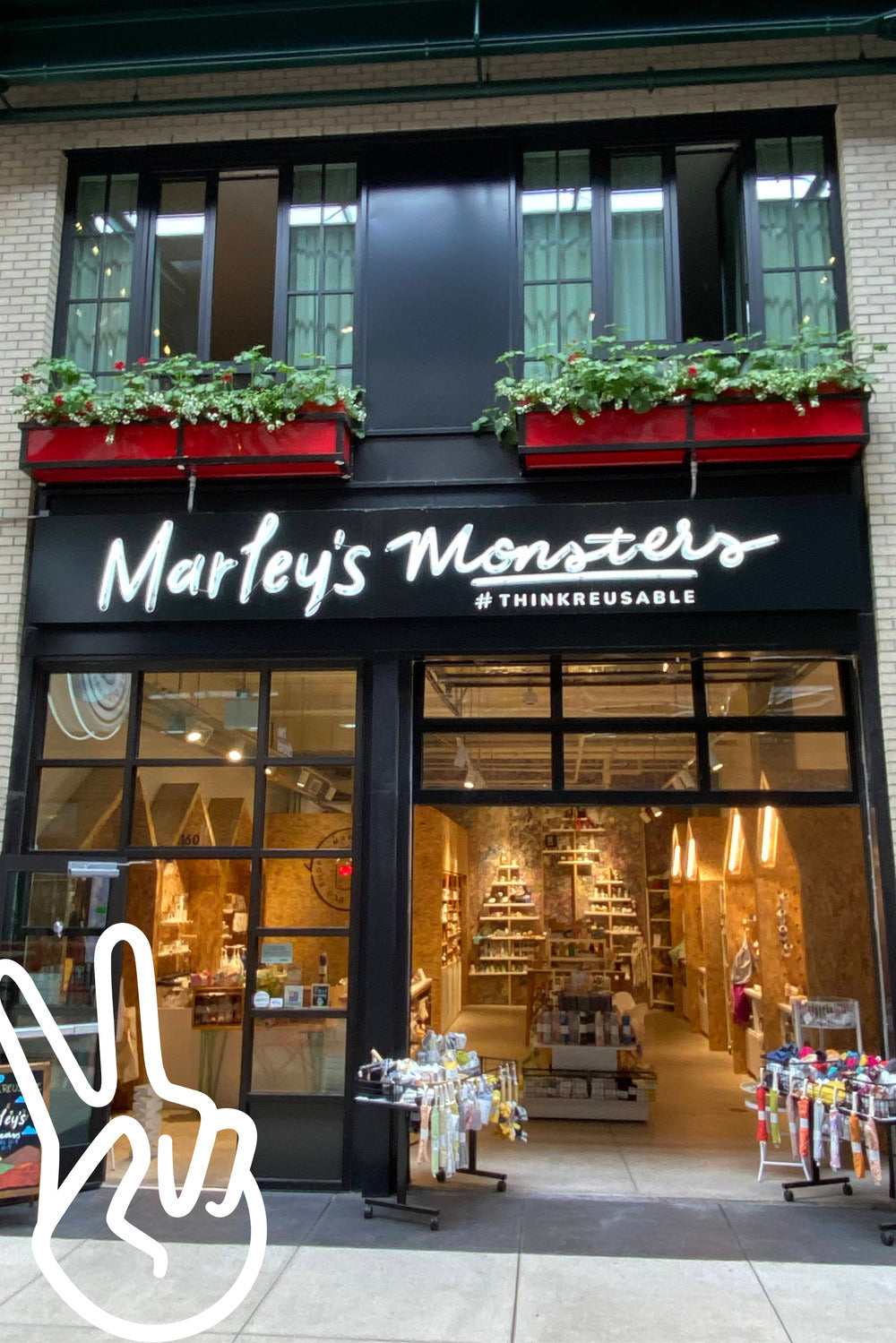As we try to make eco-friendly choices in our daily lives, we’re often met with new questions about etiquette, especially when it comes to hosting. One common question is whether it’s rude to ask guests to bring their own dishware. With concerns about waste, convenience, and even COVID-era preferences, this topic has become a real conversation starter. So, is it an eco-friendly ask, or does it put guests in an uncomfortable spot? Let’s explore the nuances of this request and consider some ways to make it work if you decide to give it a try.
Why Consider BYO Dishware in the First Place?
Asking guests to bring their own dishware has practical and environmental benefits, especially if you’re aiming to cut down on waste. Single-use plates, cups, and cutlery generate a significant amount of trash, and even “compostable” or “biodegradable” options don’t always break down as promised, especially if they’re tossed into regular trash bins. By inviting guests to bring their own dishware, you’re minimizing waste and reinforcing a sustainable, low-impact approach.
Another reason to consider BYO dishware is that it allows everyone to use items they feel comfortable with. Some guests may prefer their own plates and cups for health reasons or simply feel more at ease eating and drinking from their own familiar items. In this sense, asking guests to bring their own dishware could feel like a thoughtful choice that aligns with both eco-consciousness and personal comfort.
Is It Socially Acceptable? The Etiquette of BYO Dishware
While the idea makes sense from an environmental perspective, etiquette can be tricky. Some guests may be unfamiliar with the idea of bringing their own dishware, and they could interpret it as either unusual or even inconsiderate. In traditional hosting, the host typically provides all necessary items, from food to tableware, so asking guests to bring their own might seem unconventional.
If you’re considering this approach, the key is in how you ask. Make it clear that your intention is to reduce waste, and explain that it’s a part of your commitment to eco-friendly hosting. Let guests know that they’re welcome to bring their own dishware but also reassure them that it’s completely optional and that you’ll have extra dishware available. Framing it as a choice rather than an expectation can go a long way in making guests feel comfortable.
Making BYO Dishware Fun and Inviting
If you decide to ask guests to bring their own dishware, why not make it a fun part of the gathering? You could turn it into a lighthearted challenge or theme, inviting guests to bring their favorite mug, plate, or glass. This can actually serve as a conversation starter and a way for everyone to share something personal about themselves. Imagine a table filled with different, unique pieces that reflect each guest’s personality—it can create a colorful, eclectic atmosphere and add a memorable touch to the event.
To make things even easier, you might suggest specific types of items based on the menu. For example, if it’s a soup night, suggest that guests bring their favorite soup bowl and spoon. This way, everyone is prepared for the type of meal you’re serving, and you avoid any mismatches that might complicate the dining experience.

Providing a Back-Up Option for Those Who Forget or Prefer Not To
For any guests who prefer not to bring their own dishware, or if someone simply forgets, it’s always a good idea to have some extra reusable plates, cups, and cutlery on hand. This ensures that everyone feels included and comfortable, no matter their choice. Having back-up dishware also shows that you’re mindful of guests’ preferences and that your request is truly optional. After all, hosting is about making everyone feel welcome, and small gestures like this can help maintain that warm, inclusive atmosphere.
If you’re concerned about dishwashing or cleanup, consider using a collection of reusable dishware that’s easy to clean or even ask guests to bring their own dishcloths or napkins. That way, you can minimize your own cleanup efforts without reverting to single-use options.
How to Phrase the BYO Dishware Request
When it comes to asking guests to bring their own dishware, the way you phrase it makes a difference. Here’s an example of how you might introduce the idea:
“Hey everyone! To keep things eco-friendly, we’re trying something new this year—if you’d like, feel free to bring your favorite plate, cup, and utensils! We’ll have extras on hand if you forget or prefer not to, so no pressure either way.”
By keeping the tone friendly and giving guests a choice, you make it clear that this is about reducing waste without creating pressure or discomfort. Phrasing it this way allows your guests to feel like they’re participating in something positive rather than feeling obligated to follow a rule.

Balancing Sustainability with Hospitality
Asking guests to bring their own dishware can be a simple, impactful way to reduce waste, but it’s important to keep it flexible and thoughtful. By making it optional, framing it in an inviting way, and providing back-up options, you can introduce eco-friendly practices without stepping away from the warmth and hospitality that make gatherings special.
Remember, sustainable hosting doesn’t have to be all-or-nothing. Even small efforts, like suggesting BYO dishware, can add up over time. And by encouraging guests to join you in making sustainable choices, you’re fostering a sense of community and shared purpose—one that could last well beyond the evening’s event.




